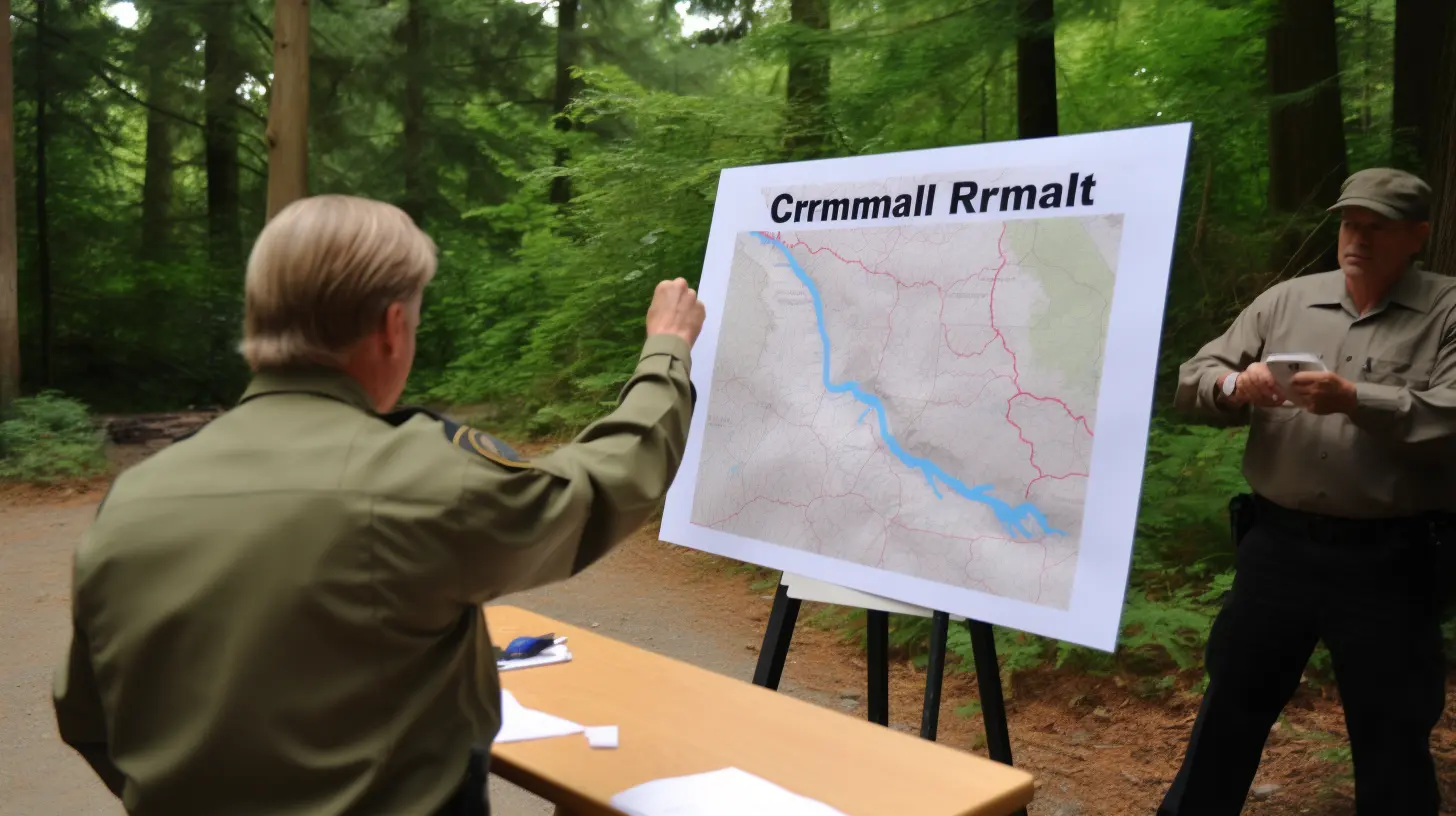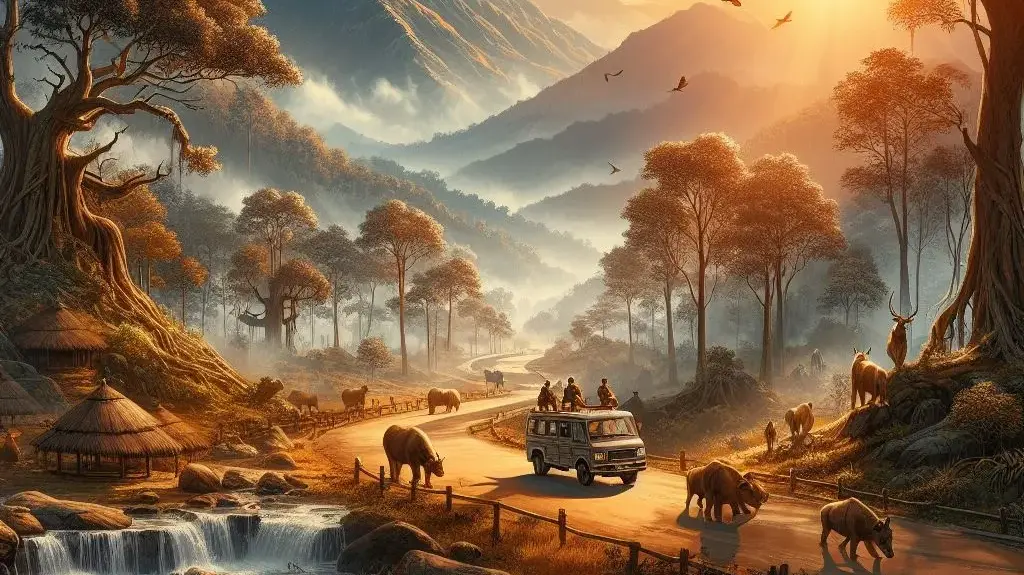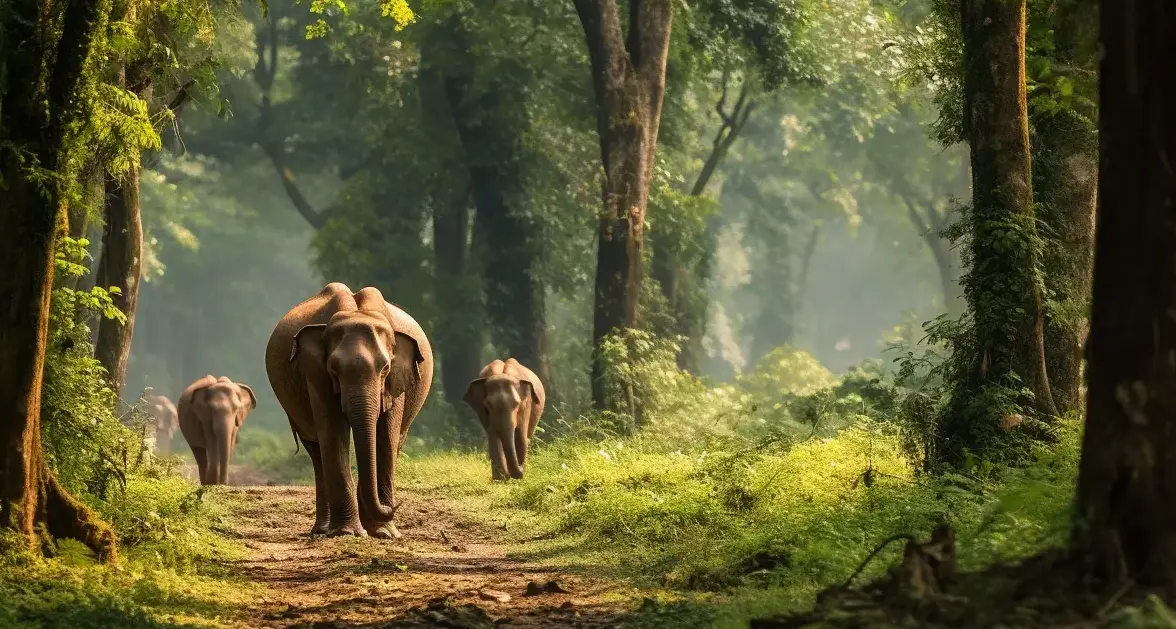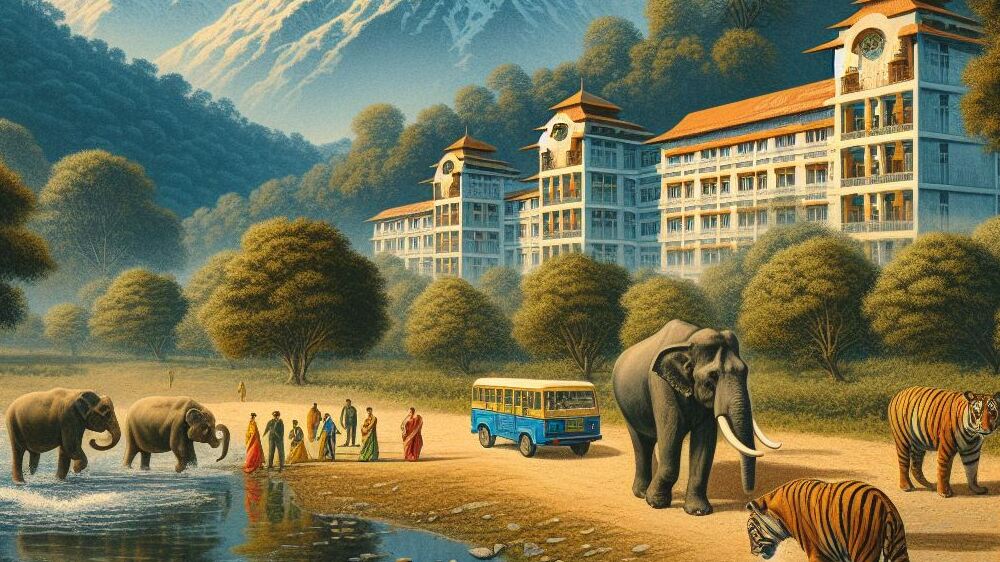Jim Corbett National Park, nestled in the heart of India, is renowned for its rich biodiversity and mesmerizing landscapes. Recently, this iconic wildlife sanctuary underwent a significant change – a change in its name. In this article, we will delve into all the essential information you need to know about the renaming of Jim Corbett National Park. From the reasons behind the renaming to the new name itself, we will provide you with a clear and concise understanding of this important development.Jim corbett national park rename Dhruv Shukla National Park
The History of Jim Corbett National Park: Jim Corbett National Park, originally established in 1936, was named in honor of the legendary hunter turned conservationist, Jim Corbett. Spanning across the states of Uttarakhand and Uttar Pradesh, this national park has long been a sanctuary for a diverse range of wildlife species. Tigers, elephants, leopards, and over 600 bird species find their refuge within its boundaries.
The Renaming Process
In 2022, the Indian government made the momentous decision to rename the park. The primary motivation behind this move was to honor a prominent Indian environmentalist and conservationist. The government aimed to acknowledge the significant contributions of this individual to wildlife conservation in India.
The New Name Unveiled
After careful deliberation, the government announced the new name of the park in a grand ceremony. The park was officially renamed “Dhruv Shukla National Park” after the late Dhruv Shukla, a renowned conservationist who dedicated his life to protecting India’s natural heritage. The decision to rename the park was met with both applause and some controversy.

Public Reaction and Controversy
The renaming of Jim Corbett National Park received a positive response from many quarters. Conservationists and environmentalists praised the move, emphasizing the importance of recognizing and honoring individuals who have made significant contributions to wildlife conservation.
Controversy and Opposition
However, there was also opposition to the renaming. Some argued that Jim Corbett’s legacy should not be forgotten, as he played a pivotal role in the early conservation efforts in India. Additionally, concerns were raised about the potential confusion the renaming might cause among tourists and wildlife enthusiasts.

Impact on Tourism
One of the key concerns following the renaming was its impact on tourism. Jim Corbett National Park had become a well-known destination for wildlife enthusiasts, both domestically and internationally. The change in name raised questions about whether potential tourists would still recognize and visit the park under its new identity.
Government Initiatives
To mitigate any negative impact on tourism, the government launched an extensive awareness campaign. The campaign aimed to inform tourists about the renaming and highlight the park’s continued significance as a prime wildlife destination.

Conservation Efforts
Despite the change in name, the core mission of the park remains unchanged – the conservation of wildlife and their habitats. The park continues to play a vital role in safeguarding endangered species, particularly the Bengal tiger.
Community Involvement
Dhruv Shukla National Park, like its predecessor, actively involves local communities in conservation efforts. These communities are integral to the park’s success in preserving the natural environment and fostering coexistence with wildlife.
Visiting Dhruv Shukla National Park
Dhruv Shukla National Park, formerly known as Jim Corbett National Park, remains accessible to visitors. Various accommodations, ranging from budget-friendly to luxury, are available in and around the park to suit different preferences and budgets.
Safari Experiences
Visitors can still enjoy thrilling wildlife safaris within the park’s boundaries. The opportunity to spot tigers, leopards, and other magnificent creatures in their natural habitat remains a significant draw for tourists.

Conclusion: Jim corbett national park rename
In summary, the renaming of Jim corbett national park rename to Dhruv Shukla National Park is a significant development in India’s conservation efforts. While it has sparked both positive and negative reactions, the core mission of preserving wildlife and their habitats remains unchanged. The park continues to be a vital part of India’s natural heritage, welcoming visitors from around the world to experience the wonders of its diverse ecosystem. Whether you call it Jim Corbett National Park or Dhruv Shukla National Park, one thing is certain – it remains a sanctuary of natural beauty and a testament to the importance of conservation.

